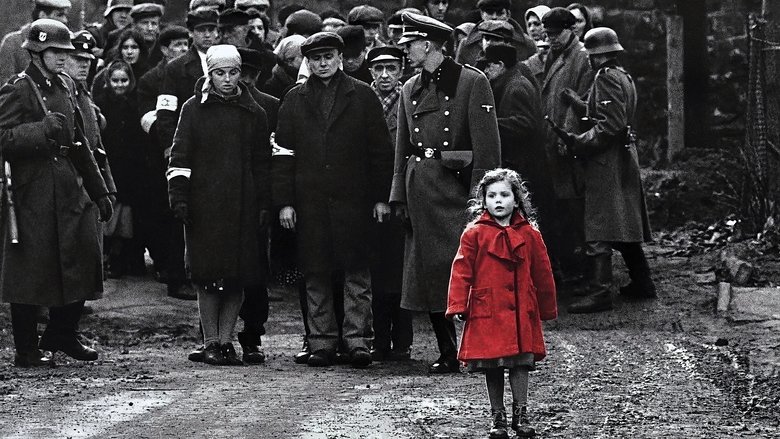Timeless tales: the best historical movies ever made
Delve into the past with our curated list of historical movies. From epic battles to intimate personal stories, these films bring history to life.



Historical movies transport us to different eras, offering glimpses into pivotal moments and the lives of those who shaped our world. They allow us to reflect on the human condition through the lens of the past. From grand-scale war epics to intimate character studies set against historical backdrops, this genre offers a diverse range of cinematic experiences.
Films like Schindler's List and 12 Years a Slave confront the horrors of the Holocaust and American slavery with unflinching honesty, while others, such as Gladiator and Braveheart, transport us to ancient Rome and medieval Scotland, immersing us in worlds of epic battles and heroic struggles. Movies like The King's Speech offer an intimate look into the lives of royalty, while The Imitation Game explores the brilliant minds behind historical breakthroughs. These films, whether fictionalized or based on true events, all share a common thread: the power to illuminate our past and inspire reflection on our present.
14. The Diary of Anne Frank (1959)
George Stevens' 'The Diary of Anne Frank' is a poignant and heartbreaking adaptation of Anne Frank's diary, recounting her experiences hiding with her family from the Nazis in Amsterdam during World War II. Millie Perkins delivers a sensitive and moving performance as Anne, capturing her spirit, her hope, and her growing awareness of the horrors around her. The film is a powerful reminder of the human cost of prejudice and the importance of tolerance. While the film received mixed reviews upon its release, it has since been recognized as a classic and an important historical document.
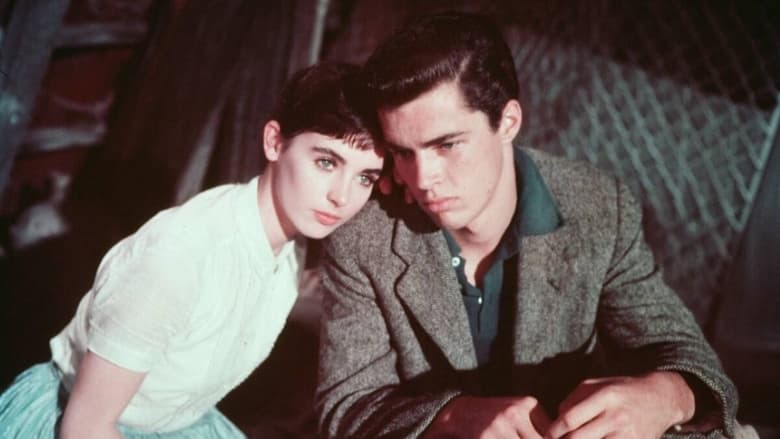
13. The Bridge on the River Kwai (1957)
David Lean's 'The Bridge on the River Kwai' is a compelling war drama that explores themes of duty, honor, and the absurdity of war. Alec Guinness delivers an unforgettable performance as Colonel Nicholson, a British officer obsessed with building a bridge for his Japanese captors during World War II. The film is a complex and nuanced examination of human nature, highlighting the psychological toll of war and the dangers of blind obedience. The film won seven Academy Awards, including Best Picture and Best Actor for Guinness. The whistling of the 'Colonel Bogey March' is instantly recognizable.
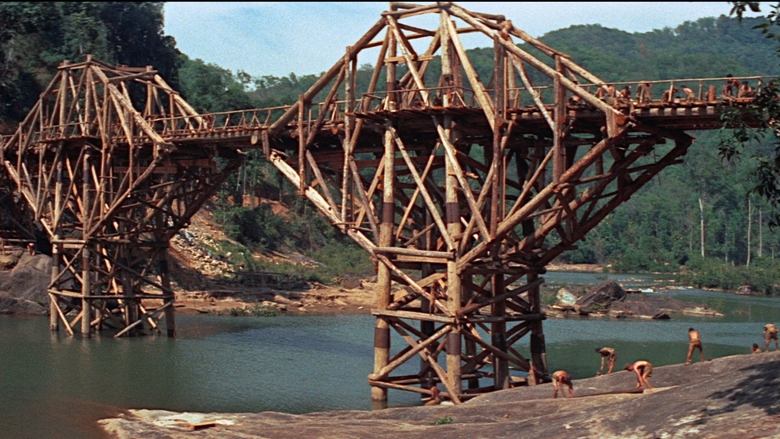
12. The Great Escape (1963)
'The Great Escape,' directed by John Sturges, is a thrilling and suspenseful account of a daring escape attempt by Allied prisoners of war from a German POW camp during World War II. Steve McQueen leads an all-star cast, delivering a memorable performance as Captain Virgil Hilts, aka 'The Cooler King.' The film is a celebration of ingenuity, courage, and the unwavering spirit of freedom. The motorcycle chase scene featuring McQueen is one of the most iconic moments in cinematic history. Despite the serious subject matter, the film also has moments of humor and camaraderie.
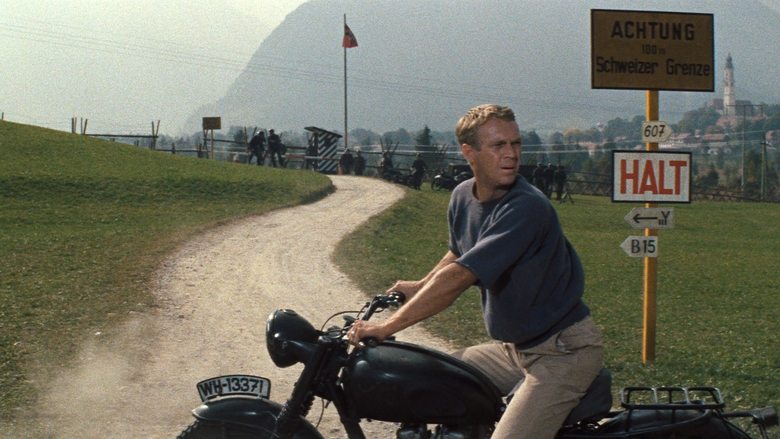
11. Gone with the Wind (1939)
Victor Fleming's 'Gone with the Wind' is a sweeping epic set in the American South during the Civil War and Reconstruction era. Vivien Leigh delivers an iconic performance as Scarlett O'Hara, a strong-willed and fiercely independent woman who struggles to survive amidst the turmoil of war and social change. The film is a visual masterpiece, with lavish costumes, elaborate sets, and breathtaking cinematography. 'Gone with the Wind' is a timeless story of love, loss, and the enduring power of the human spirit. The film won ten Academy Awards, a record that stood for many years. Note that while beloved, it's also recognized for romanticizing the Antebellum South.
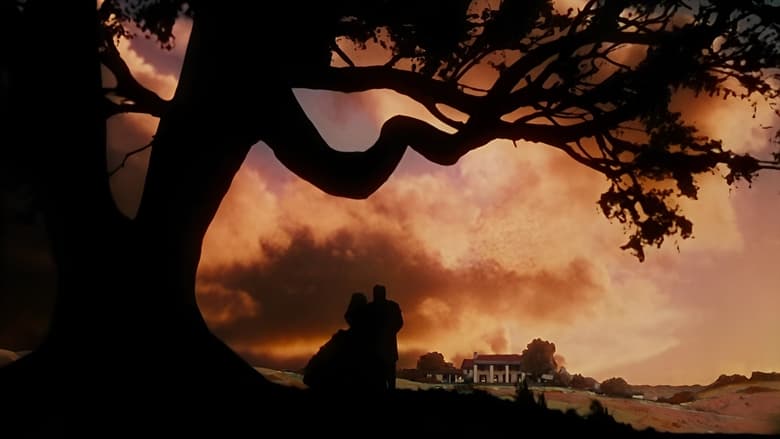
10. The Last Samurai (2003)
'The Last Samurai' tells the story of Nathan Algren, a disillusioned American Civil War veteran who travels to Japan to train the Imperial Army in modern warfare. However, he is captured by the samurai and gradually becomes immersed in their culture and way of life. Tom Cruise stars as Algren, delivering a committed performance as a man torn between two worlds. The film is a visually stunning and emotionally resonant exploration of honor, duty, and the clash between tradition and modernity. While the film received some criticism for its portrayal of Japanese culture, it was praised for its action sequences, cinematography, and performances.
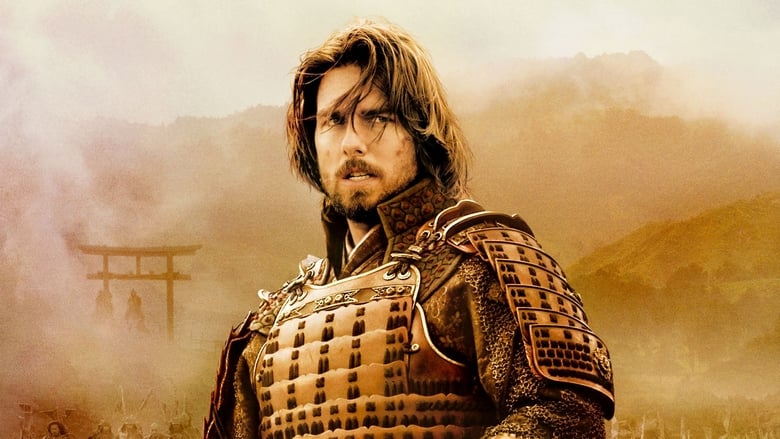
9. The Imitation Game (2014)
'The Imitation Game' is a biographical drama about Alan Turing, the brilliant British mathematician and logician who played a crucial role in cracking the Enigma code during World War II. Benedict Cumberbatch delivers a captivating performance as Turing, capturing his genius, his social awkwardness, and his tragic fate. The film is a compelling and thought-provoking exploration of intelligence, prejudice, and the cost of secrecy. It sheds light on the life and work of a man who made an immeasurable contribution to the Allied victory but was later persecuted for his homosexuality. The film received eight Academy Award nominations, winning for Best Adapted Screenplay.
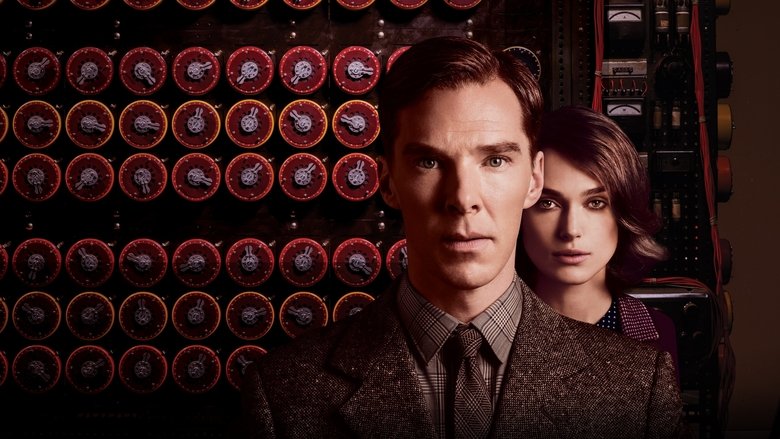
8. Braveheart (1995)
Mel Gibson's 'Braveheart' is a rousing historical epic that tells the story of William Wallace, a 13th-century Scottish warrior who leads his countrymen in rebellion against English rule. Gibson also stars as Wallace, delivering a passionate and charismatic performance. The film is filled with sweeping battle sequences, memorable characters, and a stirring score that captures the spirit of the Scottish Highlands. 'Braveheart' is a celebration of freedom, courage, and the fight for national identity. Despite historical inaccuracies, the film remains a popular and influential cinematic achievement. The film won five Academy Awards, including Best Picture and Best Director for Gibson.
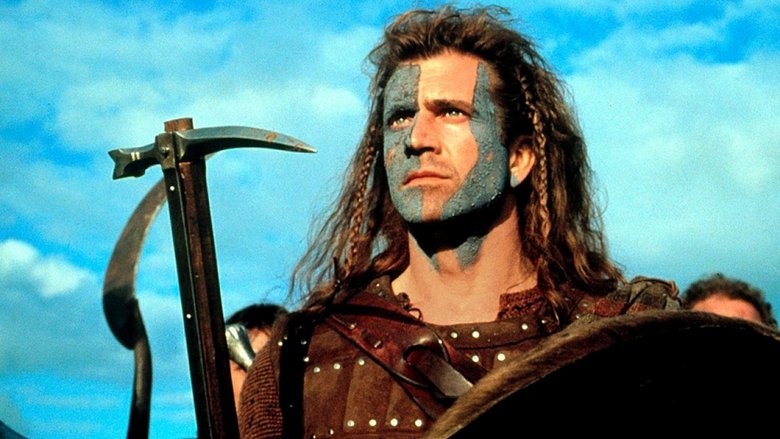
7. The King's Speech (2010)
'The King's Speech' tells the story of King George VI, who unexpectedly ascends to the throne after his brother abdicates, and his struggle to overcome a stammer with the help of an unconventional speech therapist, Lionel Logue. Colin Firth delivers an outstanding performance as King George VI, capturing his vulnerability and determination. Geoffrey Rush is equally brilliant as Logue, the unorthodox therapist who helps the king find his voice. The film is a heartwarming and inspiring story about friendship, courage, and the power of communication. The film won four Academy Awards, including Best Picture and Best Actor for Firth. It offers a dramatized, yet poignant, look into the personal struggles of a monarch during a critical period.
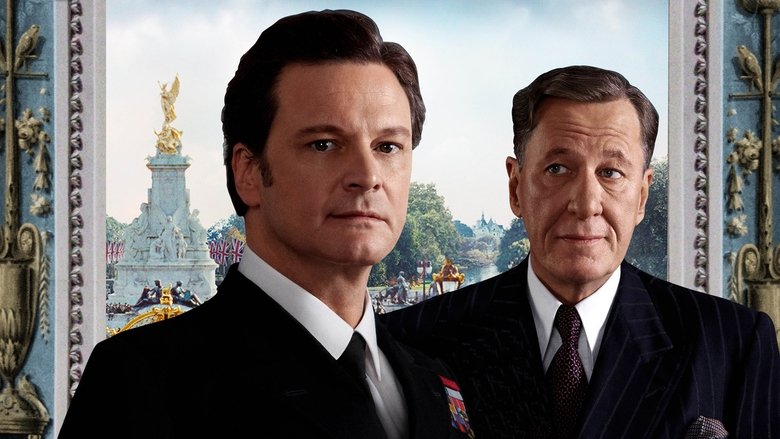
6. 12 Years a Slave (2013)
Steve McQueen's '12 Years a Slave' is a powerful and unflinching adaptation of Solomon Northup's memoir, recounting his harrowing experience as a free African-American man kidnapped and sold into slavery in the pre-Civil War South. Chiwetel Ejiofor delivers a tour-de-force performance as Northup, capturing his resilience, dignity, and unwavering hope for freedom. The film is a brutal and honest depiction of the horrors of slavery, but it also celebrates the strength and spirit of those who endured it. '12 Years a Slave' is a vital and important film that confronts a dark chapter in American history with unflinching honesty. The film won three Academy Awards, including Best Picture.

5. Amadeus (1984)
Miloš Forman's 'Amadeus' is a lavish and imaginative retelling of the rivalry between Wolfgang Amadeus Mozart and Antonio Salieri, the court composer of Emperor Joseph II. Tom Hulce's portrayal of Mozart is exuberant and irreverent, while F. Murray Abraham delivers a nuanced and compelling performance as Salieri, consumed by jealousy and resentment. The film is a feast for the senses, with opulent costumes, elaborate sets, and, of course, Mozart's glorious music. 'Amadeus' is a captivating exploration of genius, ambition, and the destructive power of envy. The film won eight Academy Awards, including Best Picture and Best Director.
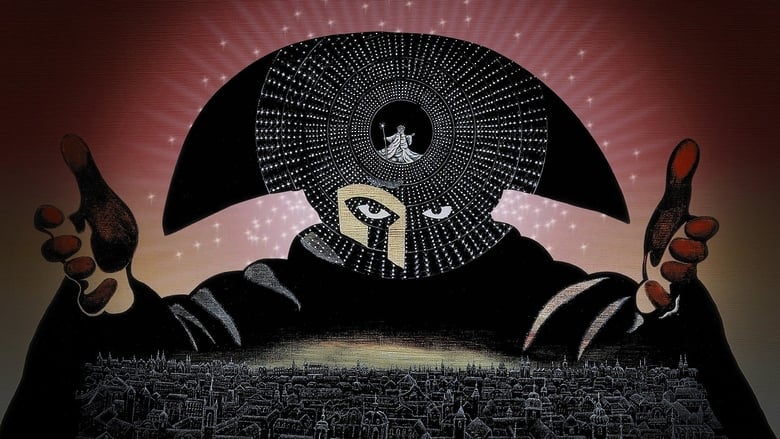
4. Lawrence of Arabia (1962)
David Lean's 'Lawrence of Arabia' is a sweeping, visually stunning epic that tells the story of T.E. Lawrence, a British officer who unites the Arab tribes during World War I to fight against the Ottoman Empire. Peter O'Toole's portrayal of Lawrence is iconic, capturing the character's charisma, intelligence, and inner turmoil. The film's breathtaking cinematography, capturing the vastness and beauty of the Arabian desert, is a character in itself. 'Lawrence of Arabia' is a complex and nuanced exploration of identity, imperialism, and the clash of cultures. The film was shot on location in Jordan, Morocco, and Spain, adding to its authenticity and visual grandeur.
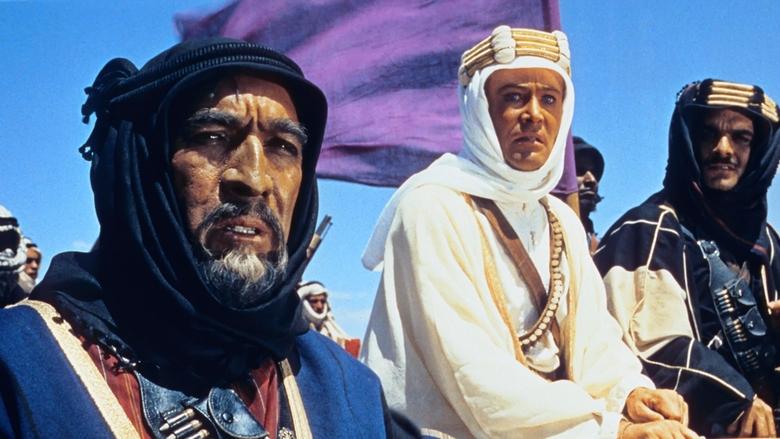
3. Gladiator (2000)
Ridley Scott's 'Gladiator' is an epic historical drama that revitalized the sword-and-sandal genre. Russell Crowe delivers a commanding performance as Maximus Decimus Meridius, a Roman general betrayed and forced into slavery, who rises through the ranks as a gladiator to seek revenge against the corrupt Emperor Commodus, played with chilling effectiveness by Joaquin Phoenix. The film is a visual spectacle, with breathtaking battle sequences and stunning set design that transports viewers to the heart of ancient Rome. 'Gladiator' is a story of courage, honor, and the fight for justice, themes that resonate across cultures and time periods. The film won five Academy Awards, including Best Picture and Best Actor for Crowe.
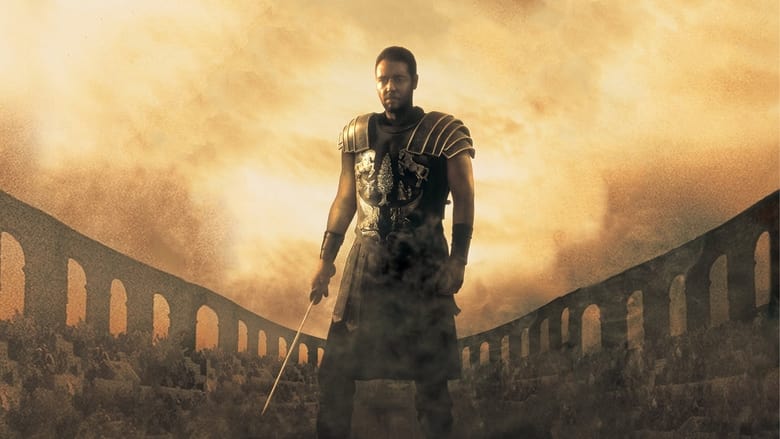
2. The Pianist (2002)
Roman Polanski's 'The Pianist' is a deeply personal and affecting adaptation of Władysław Szpilman's memoir, chronicling his survival in Nazi-occupied Poland during World War II. Adrien Brody's portrayal of Szpilman is nothing short of transformative, capturing the character's quiet strength and resilience amidst unimaginable suffering. Polanski's own experiences as a Holocaust survivor lend an authenticity and emotional depth to the film, making it a powerful and unforgettable cinematic experience. The film avoids sensationalism, focusing instead on the small, everyday acts of courage and humanity that allowed Szpilman to endure. Brody reportedly prepared for the role by losing a significant amount of weight, learning to play Chopin on the piano, and isolating himself from his friends and family to better understand Szpilman's experience.
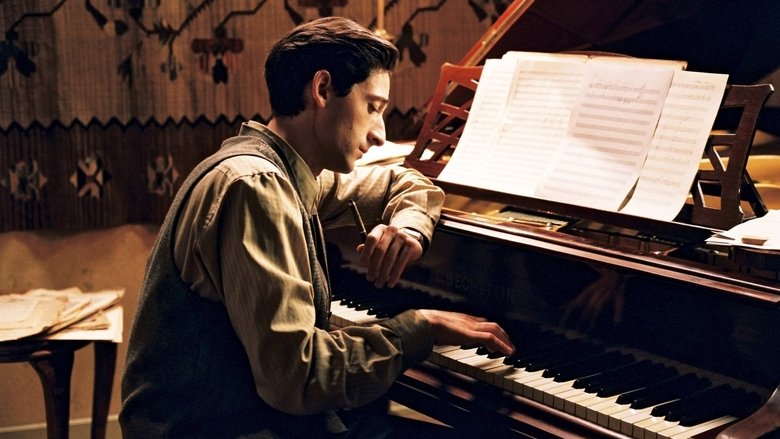
1. Schindler's List (1993)
Steven Spielberg's masterpiece is a harrowing and unforgettable depiction of the Holocaust through the eyes of Oskar Schindler, a German businessman who saved the lives of more than a thousand Polish-Jewish refugees. Shot in stark black and white, the film's visual style enhances its raw emotional power. Liam Neeson delivers a career-defining performance as Schindler, a complex character whose motivations evolve throughout the film. 'Schindler's List' is not just a historical drama; it's a profound meditation on morality, courage, and the resilience of the human spirit in the face of unimaginable horror. Did you know that Spielberg initially struggled with the enormity of the subject matter and offered the project to several other directors, including Roman Polanski and Billy Wilder, before ultimately deciding to helm it himself?
